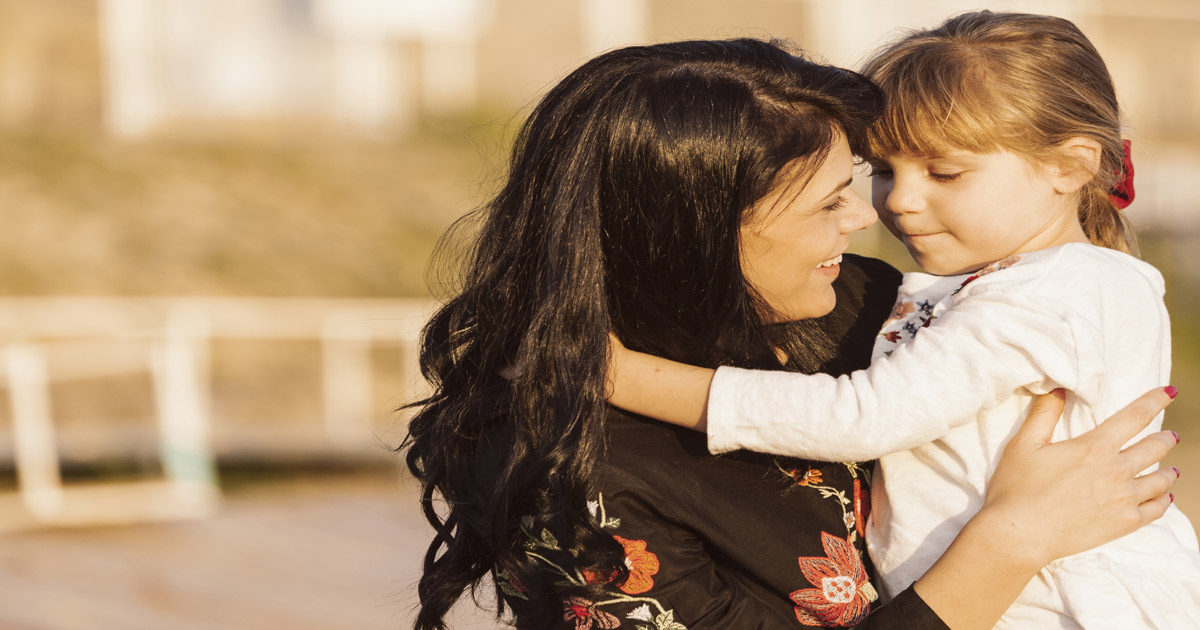All parents want to keep their children safe, and divorced parents who deal with frequent child custody exchanges can face special challenges. Aside from the typical disagreements and conflicts, parents have to think about all the issues revolving around Coronavirus (COVID-19) safety.
It is important to keep in mind that children’s need should always be prioritized. Appropriate visitations are vital for children’s health and well-being.
Can I Modify a Child Custody Arrangement?
Divorced parents should ensure that they fully understand what their custody agreements require. Most will allow the custodial parent to make daily decisions for the children without the other parent’s agreement. However, the custodial parent cannot choose to restrict or deny visitations when there are disagreements.
If either parent wants to modify a child custody agreement, an experienced lawyer should be consulted before doing so; otherwise, there is the risk of being in contempt of court.
What are Safe Custody Exchange Guidelines?
Exchange times and locations may not always be the same, depending on work schedules, school schedules, and other factors. Setting boundaries ahead of time can avoid potential conflicts and keep the children feeling safe and secure. Here are a few suggestions:
Time and Place
The parents can agree on a place to meet up, and if there are any concerns, a public location is safest. If any problems arise, either parent can record the exchange by taking photos or writing everything down afterwards.
If the exchange must be at one of the parent’s homes, clear boundaries should be established. Some ex-spouses may be uncomfortable walking into the other spouse’s home, so it might be best to wait outside. Respecting boundaries is important during custody exchanges.
Limited Interactions
Divorced parents who always end up arguing may find that it is best to avoid interacting at custody exchanges. Remaining in the car is one way to do this. Doing the exchange at school, after an extracurricular activity, or a playdate are other ways for safe exchanges.
If there is a need for conversation, this can be done at another time without the children present.
Open Communication
Having frequent discussions with children is helpful. Parents can explain how the exchanges will work, including locations and times. The children should also be instructed to call the other parent if the on-duty parent is late or has not showed up.
Before and after custody exchanges, it is always helpful to reinforce the idea that children should have good relationships with both parents. Questions about the other parent’s appearance, actions, and relationships are irrelevant unless they are directly related to safety concerns.
What Should I Do if I am Concerned About Safety?
If a parent senses any kind of danger during a child custody exchange or visitation, they should document as much information as they can. This can include any worrisome behaviors. Some divorced parents choose to have their custody exchanges at police stations where they feel safer.
COVID-19 concerns also revolve around safety, but custody orders generally do not address health crises and pandemics. Some do have guidelines for natural disasters and emergencies, which may address some parents’ health concerns at this time.
In lieu of this, parents can look to state and local stay-at-home and shelter-in-place restrictions. The Centers for Disease Control and Prevention (CDC) guidelines are good resources for social distancing and safety protocols. If a parent wishes to make modifications to an existing child custody arrangement, they should immediately contact a lawyer.
Moorestown Child Custody Lawyers at Stockton Family Law Protect Parents’ Child Custody Rights
No parent wants to put their children at risk, but some custody exchanges can feel unsafe. To learn more about your rights, contact one of our skilled Moorestown child custody lawyers at Stockton Family Law today. Call us at 856-412-5052 or complete our online form for an initial, private consultation. Located in Moorestown, New Jersey, we serve clients throughout South Jersey, including Mount Laurel, Burlington County, and Camden County.






